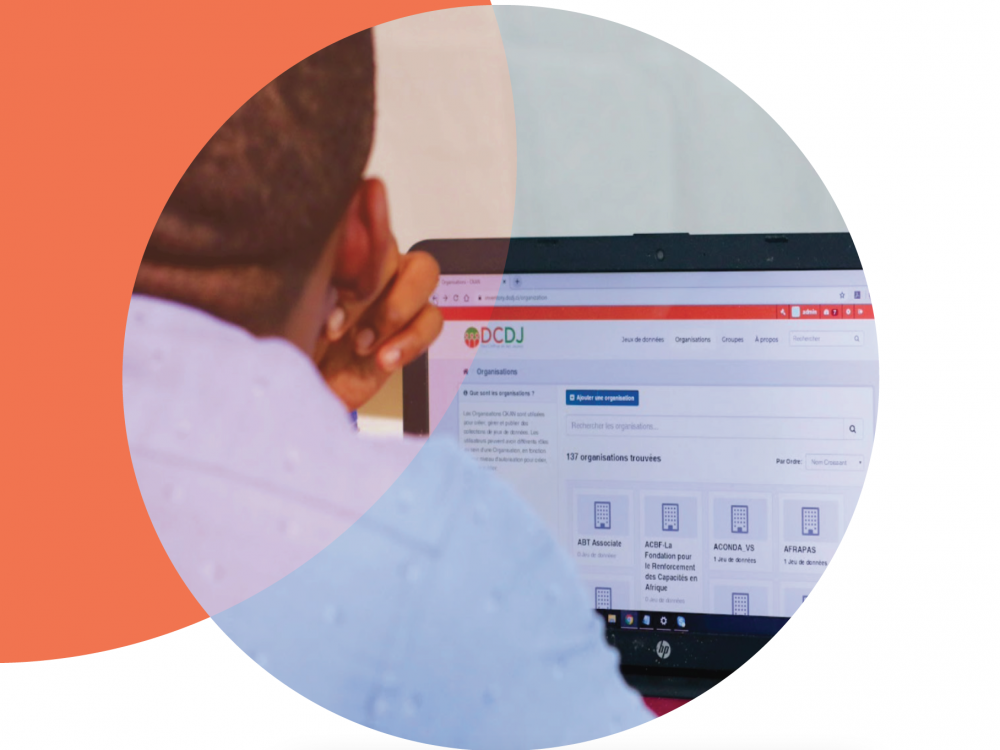Developing a Data Inventory
Summary
DCDJ and the Council of NGOs fighting AIDS and other pandemics in Côte d’Ivoire (COSCI) built a searchable list of hyper-local datasets across CIV. The data inventory holds records of which organizations have datasets related to topics of community interest, for example, which organizations have data on the number of individuals tested for HIV/AIDS in a specific year. The benefit is in collating information from disparate sources into one unified platform reduces duplication of efforts and siloed information. Using this data inventory, anyone – local officials, clinicians, community groups, researchers, etc. – can contribute to and access information on datasets in the inventory. While access to the Data Inventory is free, once a needed dataset has been identified, the owner of that dataset is the ultimate arbiter of when, how, and if the dataset will be shared.
Who is this resource for?
This resource is for community leaders, organizations, or government agencies who are seeking to build a more interconnected data ecosystem or who are attempting to identify a full list of data sets around a specific concern in their community.
What does this resource include?
This resource includes:
- Background information on how a data inventory impacts the data ecosystem
- A case study from Côte d’Ivoire
- A how-to guide
- A budget outlining types of costs
What Other Resources Could Help?
- Link to the Data Inventory – the full DCDJ data inventory is accessible through this link
- GovEx Labs, Data Inventory Guide – a resource that explains the concept of a data inventory, why it is useful, and how to start the process.
- DCDJ’s Data Inventory Open-Source Code through GitHub – The full source code of the customized build for the DCDJ data inventory and associated documentation can be found through GitHub. More information on the technical process can be found in the resource.
How do I get started?
The first step is to map potential partners, stakeholders, and organizations. For DCDJ, the first step was a partnership with COSCI, an association of CSOs in Côte d’Ivoire. From this partnership, we were able to map which organizations could share key information and the partnership provided an existing entry point for how to engage CSOs in the inventory and sensitize them to the open data agenda. This resource, specifically the Process section, will provide a deeper guide to developing your own data inventory.
